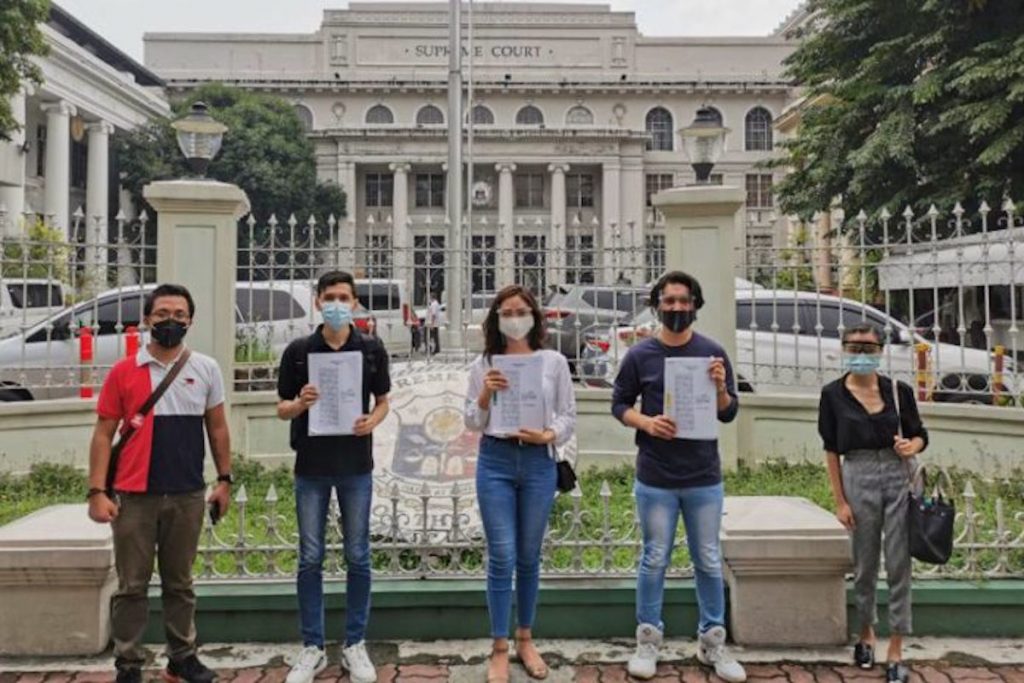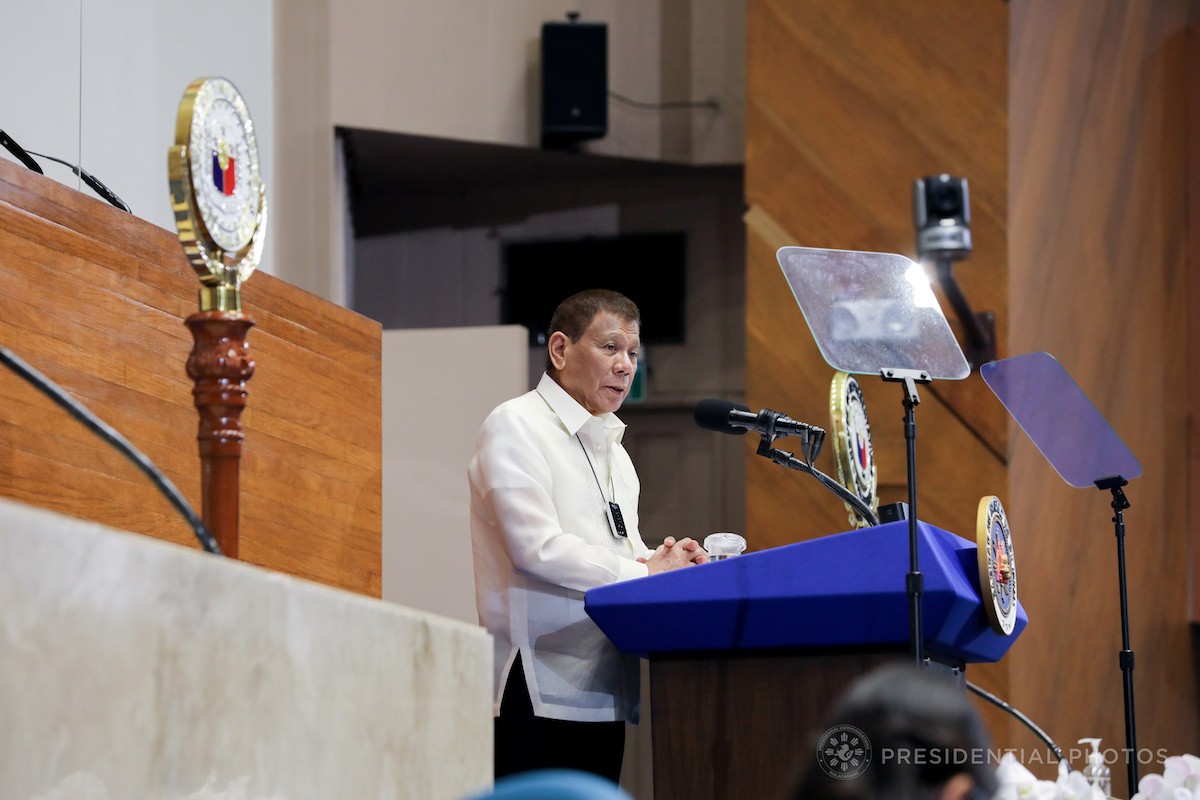Youth leaders from across the Philippines were among the latest to challenge the country’s new anti-terrorism law before the Supreme Court.
Members of the Sangguinang Kabataan, or Youth Council, submitted on Aug. 19 the 29th petition calling on the high court to declare the Anti-Terrorism Law “unconstitutional.”
The youth leaders were joined by members of the group Kilos Pasig and the Jovito R. Salonga (JRS) Policy Studies in expressing dissent against the law that they said “violates and intends to infringe” on basic human rights.
The youth leaders said “the vague and overreaching definition of terrorism” threatens the “cherished freedom to speak out and express their opinions freely, fully and without fear or inhibition.”
In a statement, the National Union of People’s Lawyers said “the fact that the definition of terrorism is left to the discretion of the henchmen of the government sounds alarm to these young blood.”
Lawyer Maria Sol Taule said the youth leaders sought the help of NUPL to draft the petition challenging the provisions of the new law.
“[The youth leaders] do not agree that their respective congressmen represent them in voting yes to the passage of a law that will violate their rights,” said Taule.

President Rodrigo Duterte signed the new law last month, replacing the Human Security Act of 2007. The new law aims to prevent, prohibit, and penalize terrorism in the country.
The youth leaders said they are afraid that the new law would be used to “gag” or to “silence” people who are critical of the government.
They said “state-sponsored repression is not a product of one’s playful imagination. It is real. It is valid.”
So far, the country’s Anti-Terrorism Law is now “the most challenged legislation” in the country with 29 petitions filed before the Supreme Court.
Lawyer Edre Olalia, president of NUPL, said the “broadness and diversity of petitioners who have common and recurring analyses and issues from varied perspectives speak volumes of how unpopular and unacceptable the law is to the public.”
The lawyers’ group said the youth’s active participation in matters of public interest shows that “they deeply care about our present political, social and economic climate.”
“They have voiced out their concerns about what is happening around us — from the way the government treats people’s right to life, health, employment with living wage, social security and education, to its senseless, chauvinist and militarist approach to almost all legitimate people’s issues,” read the lawyers’ statement.
The Supreme Court earlier announced that it would conduct “oral arguments on the petitions” in the third week of September “at the earliest” and will issue notices once the date is finalized.







